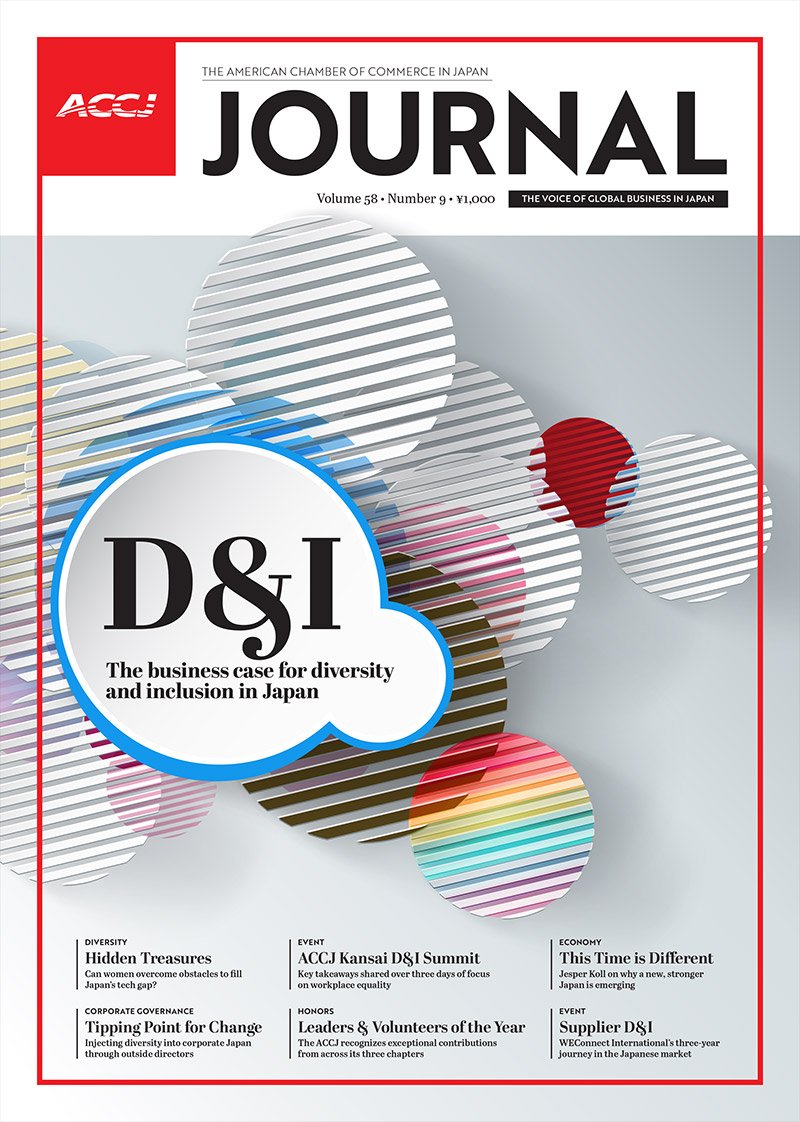The Case of the Missing Startups
Why biotechs find it hard to get going in Japan
By Tim Romero
University and government venture funds play a much larger role in Japan than they do in Western countries. Yet we see fewer biotechnology startups here compared with, say, the United States, which is home to eight of the top 10 highest-funded ventures. Why?
I explored this with Dr. Hiroaki Suga, co-founder of biotech company PeptiDream Inc., in a recent episode of my podcast Disrupting Japan. A professor at the University of Tokyo, Suga did his post-doctoral study under Nobel Prize-winning biologist Jack Szostak at Harvard Medical School. As an academic and a researcher, Suga knows well the dynamics at play in biotech development and application in Japan.
With PeptiDream, which has created a platform for the discovery of highly diverse, non-standard peptide libraries that can be developed into peptide-based therapeutics, Suga has taken a different approach to funding. And it has paid off.
Founded in 2006, PeptiDream is now worth more than $3 billion and collaborates with many of the world’s largest pharmaceutical companies, including American Chamber of Commerce in Japan (ACCJ) members Eli Lilly Japan K.K., Bayer Yakuhin, Ltd., AstraZeneca K.K., and Novartis.
Less is More
What I learned from our discussion is that, in this situation, smaller investments may lead to better results.
“If you have $10 million, you will just burn through it,” Suga said, adding that less capital will keep you focused and get results that can lead to bigger things.
In PeptiDream’s seed round, it received $1 million from The University of Tokyo Edge Capital Partners Co., Ltd., a Japan-based seed- and early-stage deep-tech venture capital firm.
With limited funds, “You need to really develop technology that will allow you to collaborate with big pharmaceutical companies,” Suga explained.
These companies set criteria, and don’t give you money immediately. “Once you reach [one set of] criteria, you can get money. Then you get to another stage and you get more money,” he said.
This approach carries less risk for pharmaceutical companies, and Suga sees little risk for PeptiDream, because he is confident that they can meet the criteria.
Obstacles
This unusual approach has worked well for PeptiDream, so why don’t we see more biotech startups succeeding this way in Japan?
Suga said there are several reasons.
“The first is that venture capitalists are not investing in risky companies, and biopharmaceutical companies are high risk,” he explained. “If you are developing business software, after six months, you know if it isn’t working. But drug development is a long-term commitment. Venture capitalists have to wait, and they may not be able to do so. They may need to wait 10 years to realize the potential, but they are looking for five.”
“The second reason is that Japanese society prefers to go with what’s known,” he continued. In this case, it means that talent heads for the largest pharmaceutical companies, which are seen as stronger and a safe harbor. “For example, all my students go to big pharma. They don’t go to PeptiDream.”
But this isn’t so much a case of risk aversion—often cited as an obstacle to success in Japan—as one of familiarity. Their parents know the names of the big players, but not of small ones such as PeptiDream.
Large Japanese companies tend to have little interest in helping smaller ones. This chasm is one that the ACCJ is attempting to bridge with its Healthcare x Digital initiative, which completed its second annual competition in November.
Spin-off vs. Startup
The third obstacle that Suga cited is the fact that many startups in Japan are research units that have been spun off from large companies that chose to leave Japan. “They had a very good team here, so they decided to spin off. They already have a background from big pharma and continue doing [what they were doing],” he explained. “That means that they aren’t hugely different from the big companies.”
In the end, Suga said that the biggest change that needs to take place for Japan to become more fertile ground for biotech startups must be made at the university level.
“Professors really need to work hard to get technology to be very practical, to be very robust. You really have to put forth effort to get to the end,” he said. “Then, the Japanese government needs to support this type of research. That’s very critical.”
Tim Romero
Head of Google Startups Japan
Host of the podcast Disrupting Japan
THE ACCJ JOURNAL
Vol. 58 Issue 9
A flagship publication of The American Chamber of Commerce in Japan (ACCJ), The ACCJ Journal is a business magazine with a 58-year history.
Christopher Bryan Jones,
Publisher and editor-in-chief
Advertising & Content Partnerships




